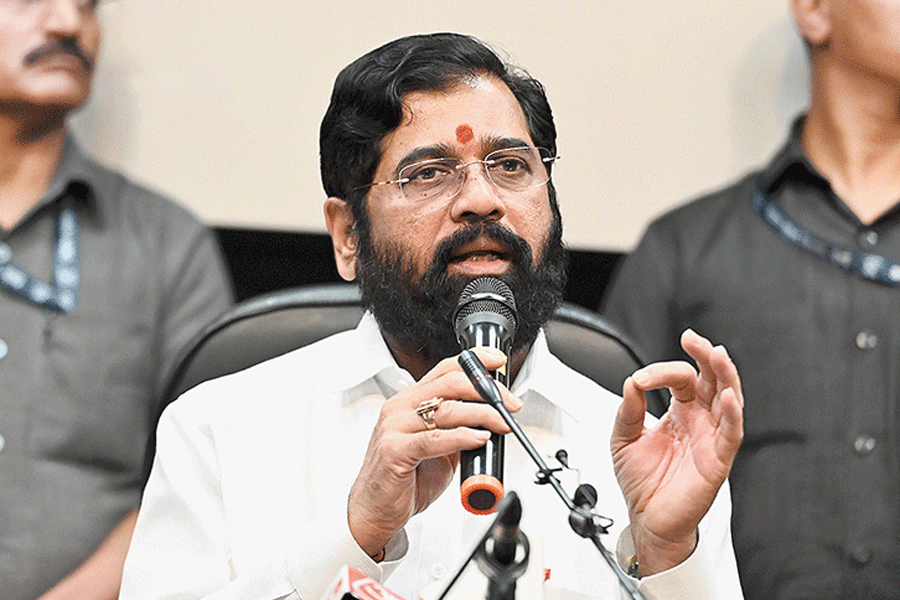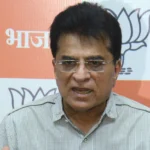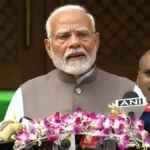Political Declarations Regarding Reservations: The Kunbi and Maratha Groups
Maharashtra’s ongoing debates over reservation laws have heated up, especially in relation to the Maratha and Kunbi populations. A strong push for full reserve for these groups has been brought to light by recent political ploys, which stress their interdependence under the 83rd category. This essay explores the socio-political processes at work as well as the ramifications of these events.
Overview of Reservation Procedures
India’s reservation laws are intended to give historically underrepresented groups affirmative action, guaranteeing their representation in government employment, education, and other fields. The reservation situation in Maharashtra has been complicated, with different communities fighting for advantages and recognition. Because of their perceived socioeconomic standing, the Maratha group, which has always been seen as a dominant caste, has had difficulty obtaining reservations.
Current Events
A draft bill recommending 10% reservation for the Maratha community in government jobs and education was adopted by the Maharashtra government on February 20, 2024. Prominent Maratha activist Manoj Jarange-Patil, who has been outspoken in favour of reservations under the Other Backwards Classes (OBC) category rather than a separate quota, spearheaded the rallies that preceded this action [1][5][9].
Eknath Shinde, the chief minister of Maharashtra, said that the state’s Backwards Class Commission report, which classified Marathas as socially and educationally backwards, served as the basis for this decision. However, the Supreme Court’s decision, which normally caps total reservations at 50%, creates serious legal issues with this reserve extension [4][6].
The Connection with Kunbi
The historical connection between Marathas and Kunbis is a crucial component of the contemporary debates. In order for Marathas to successfully gain OBC reservations, many campaigners contend that they need be acknowledged as Kunbis. This dispute has revolved on the concept of “sage soyare,” which refers to relatives by birth or marriage. According to activists, acknowledging this link will allow Marathas to take use of current OBC quotas without going above the law.[2] [7] [9].
This tactic is part of a larger trend in which historically privileged populations try to fit in with historically underprivileged groups in order to receive affirmative action benefits. Critics contend that this compromises the social fairness goals of reservation programmes and exposes more affluent groups to policy hoarding [2][8].
Consequences for Politics
There are important political repercussions to the drive for Maratha reservations. In Maharashtra, it has spurred discussions about equity and social justice among different communities. Tensions within OBC groups may arise from the possible overlap between Marathas and Kunbis, since they fear losing their benefits as a result of greater competition for quotas [3][4].
Furthermore, the discussion of social justice is becoming more complex as political parties use these fault lines to their advantage in elections. The way these concerns are resolved could have a significant impact on voter opinion as the state gets closer to elections [8].
Final Thoughts
A complex interaction of historical identities, socioeconomic realities, and political scheming is encapsulated in the debates surrounding reserves for the Maratha and Kunbi populations. It is still vital to take into account how these policies will impact social justice and fairness for all participating communities as Maharashtra negotiates these difficult seas. Traditional ideas of caste and privilege in India are still being questioned by the changing story around reservations.
Citations:
[1] https://indianexpress.com/article/cities/mumbai/kunbi-certificate-notification-marathas-now-fall-under-2-quotas-9171389/
[2] https://theprint.in/opinion/india-has-entered-a-new-era-of-reservation-devoid-of-social-justice/1911180/
[3] https://www.pmfias.com/maratha-quota-law/
[4] https://www.cnbctv18.com/india/politics/maharashtra-govt-maratha-reservation-other-communities-quota-eknath-shinde-controversy-19507634.htm
[5] https://www.businesstoday.in/india/story/maharashtra-eknath-shinde-govt-approves-draft-bill-for-10-maratha-reservation-in-education-govt-jobs-418164-2024-02-20
[6] https://www.drishtiias.com/daily-updates/daily-news-editorials/maratha-reservation-demand-strength-or-reason










